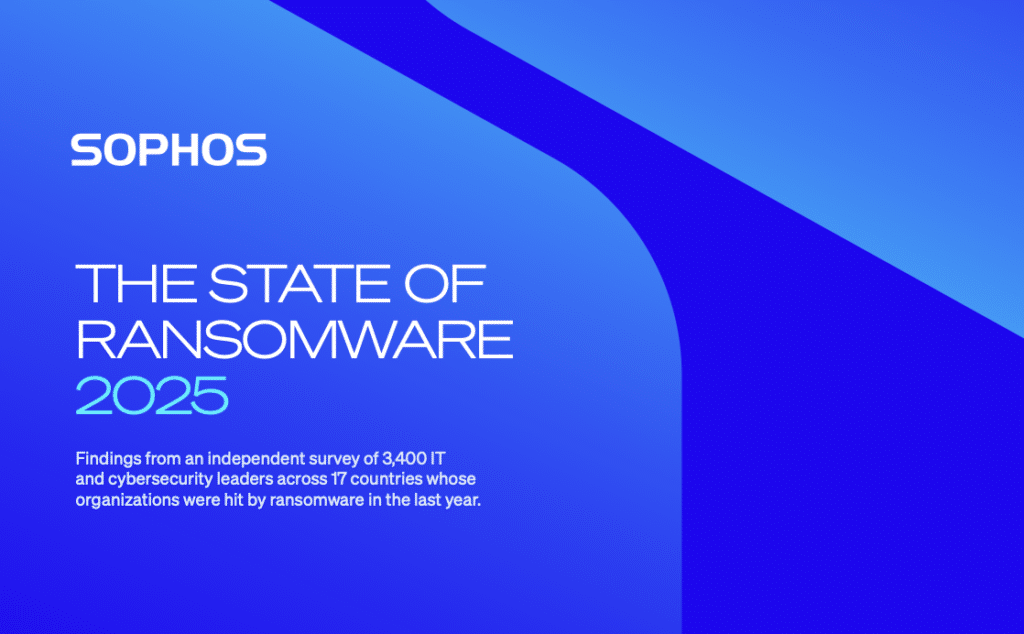Business continuity plans to support Hybrid Working

Hybrid working has made all business reassess their operations and the solutions they use for their teams to use. However, it is imperative that businesses readdress their IT to ensure that their business continuity is given the importance it should have.
Traditional metrics for IT are still exceedingly important particularly for hybrid working and focusing on uptime, backup, disaster recovery and especially business continuity, means that all areas of the business need to be protected to ensure that your hybrid working teams, regardless of their location, have the access they need to work efficiently and securely.
Pre pandemic, hybrid working was a perk, but since the reopening of the country, many employees are expecting that flexibility in their working lives, but business need to ensure that their business is secure and that in the event of disaster, that they are able to recover without any downtime that can be detrimental.
A recent report in HR Executive indicated that 92% of office workers prefer a hybrid environment with 40% saying they prepare occasional office time with mostly working from home and 31% working mostly in the office and occasional time at home.
It is possibly the most important area in a business’ operations particularly now in the hybrid working environment as essentially our teams would not be able to work in this way without secure connectivity.
This is an opportunity for businesses to achieve permanent, innovative changes and will allow your business to transform its operational environment which improves the experience of your teams and ultimately your customers.
What does great Business Continuity look like?
Business continuity is a critical enabler, but you should be establishing clear and achievable goals. Your teams need to be proactive and be able to interact with customers, partners other team members from any location, when they need to.
This is the basic framework you start to build a business continuity plan that supports your digital transformation. So, for the hybrid work place these fundamental elements need to be included:
- Connectivity: This needs to be seamless and secure wherever they work. Your CEO needs different access to someone in accounts and you need to ensure that this is not an inhibitor.
- Adaptable: Agility is key, and we never know what changes are needed or what is on the horizon, but your organisation needs to be adaptable and accessible wherever your teams are and react to any changing landscape.
- Secure: Threats are real, and threats are sophisticated, so your teams need training in cyber-security and you need built in protection regardless of their working location.
- Collaboration: Your teams must be able to collaborate effectively and know that the data they are working with is secure whilst maintaining the effectiveness as a team
Business continuity-the next steps
Addressing the continuity of your business means you sometimes need help.
Reviewing you IT capacity could mean that potentially you need IT Support. Reviewing your business continuity plans with potentially an IT partner who can analyse your business needs and recommend the continuity plan you need in place, offers you a wider perspective on establishing your needs and how your business can be protected now and in the future.
Either way, ensuring in this new hybrid world, that you have a business continuity plan in place is essential in maintaining seamless business operations and elevating your team’s productivity
Business Continuity is there to support your operations and keep your organisation resilient. Strong business continuity saves money, time and company reputation.

Subsribe for updates and our latest research
You may be interested in
The 2025 State of Ransomware: Key Insights on Attacks, Costs, and Recovery
Ransomware continues to evolve — and so must our defenses. The State of Ransomware 2025 report from Sophos presents one of the most comprehensive views yet into how organisations around the world are being impacted by ransomware attacks. Based on an independent survey of 3,400 IT and cybersecurity leaders across 17 countries, the report explores how attacks are evolving, the operational weaknesses adversaries exploit, and the human and financial tolls that follow. Whether you’re building a cybersecurity strategy or assessing risk, this year’s findings offer crucial, real-world insights to guide your response. Key Findings from…
Outgrowing your MSP; businesses need a provider that scales with their growth
To stay competitive, business leaders must align with MSPs that deliver strategic value, drive innovation, and support to scale. Now firmly into 2025, it’s becoming clear what the year has in store for the IT landscape. For SMBs, the message is clear: business growth must be matched with smarter, more scalable managed services. The demand for cyber-resilient, cloud-first and AI-integrated solutions is no longer a forecast – it’s a reality already shaping business priorities. According to leading global technology market analyst firm Canalys’ MSP Trends 2025 report, the MSP model is transforming under growing pressure…
End of windows 10 support signal urgent action needed from UK organisations as cyberattacks continue to rise
Recent breaches at major UK retailers, combined with the approaching end of life of Windows 10, highlights a critical moment for IT resilience planning The recent wave of cyberattacks targeting major UK retailers has highlighted the growing security risks associated with organisations running outdated systems and applications and maintaining weak identity verification protocols. These incidents—particularly those involving Marks & Spencer and the Co-Op—have starkly exposed how vulnerable legacy infrastructure and insufficient access controls can be. In both cases, attackers successfully posed as legitimate employees and manipulated IT help desks into resetting internal passwords, ultimately gaining…
UK SMEs must fortify their cybersecurity against geopolitical risks, says Espria
A recent Sky News investigation highlighted an uptick in cyberattacks tied to the Iran conflict that are targeting businesses across multiple sectors. Speaking at the NATO Summit, Prime Minister Sir Keir Starmer urged UK businesses, regardless of size or sector, to prioritise cybersecurity and ‘take immediate steps to review and strengthen their defences.’ While the warning is timely in tone, businesses are already becoming targets of politically motivated cyberattacks, emphasising the need for heightened vigilance. “As tensions spread globally, threat actors will continue to exploit digital vulnerabilities, and neutral businesses may be caught in the…
End of windows 10 support signal urgent action needed from UK organisations as cyberattacks continue to rise
End of windows 10 support signal urgent action needed from UK organisations as cyberattacks continue to rise
Why Businesses Should Invest in ESG: Lessons learned by Espria
In today’s competitive landscape, Environmental, Social and Governance (ESG) performance is no longer just a “nice to have”—it is a critical business imperative. Companies that prioritise ESG are better positioned for long-term success, risk mitigation, and reputation enhancement. Today’s world demands more from companies than just financial performance. Customers want transparency. Employees want purpose. Investors want resilience. ESG helps businesses manage risk, seize new opportunities and build trust with the people who matter most. It is how you can stay competitive, stay responsible and stay relevant in a fast-changing world. A powerful case study of…





